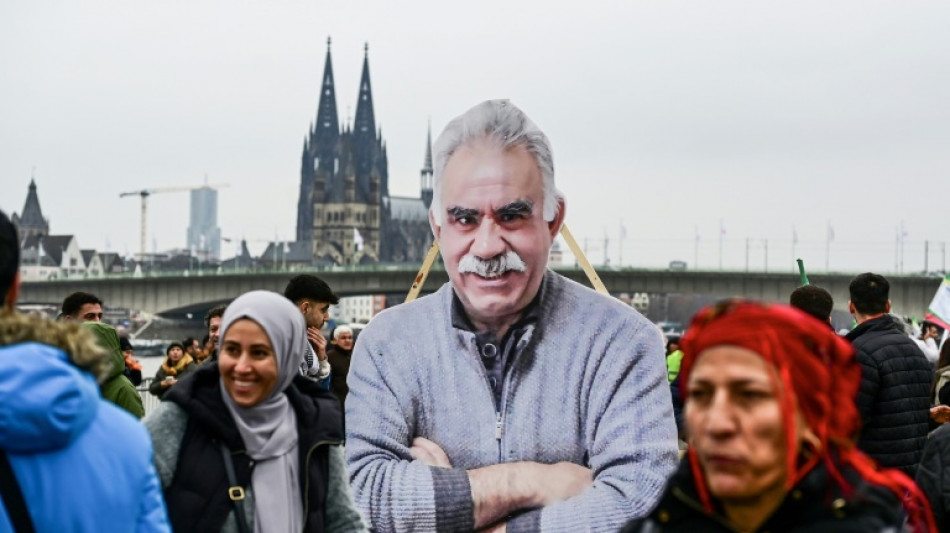
-
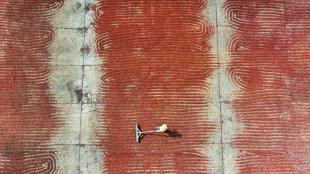 Better than gold: how Ecuador cashed in on surging cocoa prices
Better than gold: how Ecuador cashed in on surging cocoa prices
-
Millions in US sweat out first extreme heat wave of year
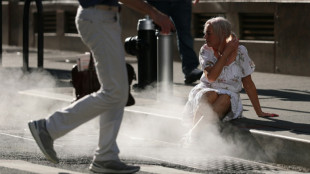
-
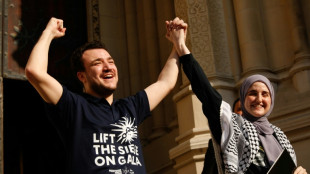 Pro-Palestinian protest leader details 104 days spent in US custody
Pro-Palestinian protest leader details 104 days spent in US custody
-
Gender not main factor in attacks on Egyptian woman pharaoh: study
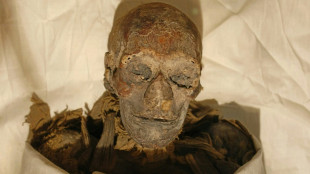
-
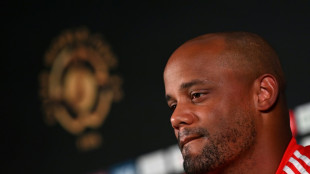 'Throwing the book away' with no preparation for next season: Bayern's Kompany
'Throwing the book away' with no preparation for next season: Bayern's Kompany
-
Trump announces ceasefire between Iran and Israel
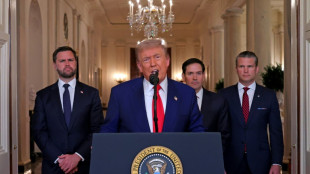
-
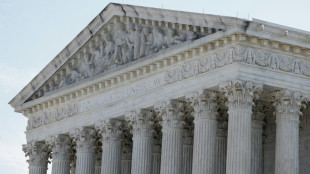 US Supreme Court allows third country deportations to resume
US Supreme Court allows third country deportations to resume
-
Oil prices tumble as markets shrug off Iranian rebuttal to US
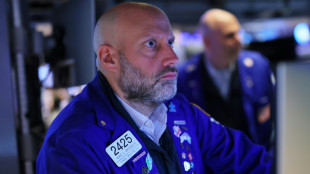
-
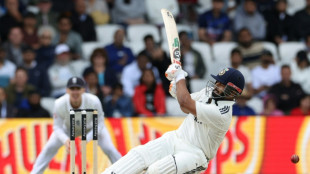 Rishabh Pant: India's unorthodox hero with 'method to his madness'
Rishabh Pant: India's unorthodox hero with 'method to his madness'
-
PSG ease past Seattle Sounders and into Club World Cup last 16
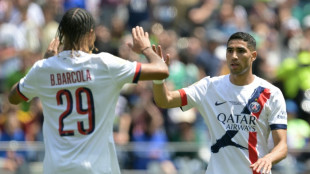
-
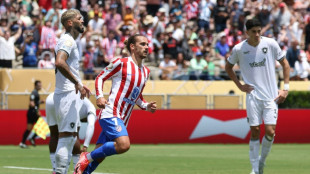 Atletico win in vain as Botafogo advance at Club World Cup
Atletico win in vain as Botafogo advance at Club World Cup
-
Osaka, Azarenka advance on grass at Bad Homburg
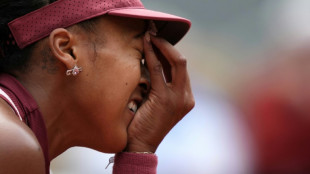
-
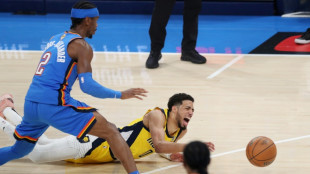 Haliburton latest NBA star with severe injury in playoffs
Haliburton latest NBA star with severe injury in playoffs
-
Trump wants quick win in Iran, but goal remains elusive
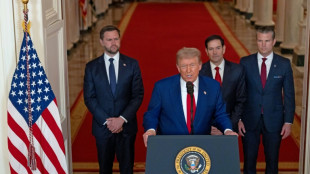
-
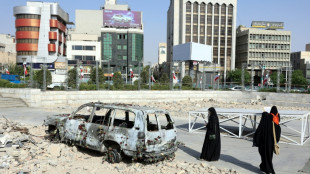 Iran attacks US base in Qatar, Trump says time to make peace
Iran attacks US base in Qatar, Trump says time to make peace
-
Kasatkina falls, Fonseca secures first win on grass at Eastbourne
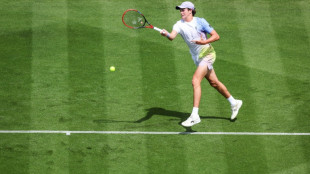
-
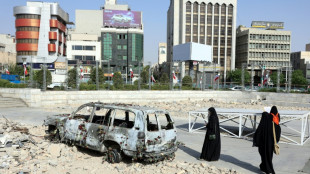 Iran attacks US base in Qatar in retaliation for strikes on nuclear sites
Iran attacks US base in Qatar in retaliation for strikes on nuclear sites
-
Club World Cup prize money does not mean more pressure: Chelsea boss Maresca
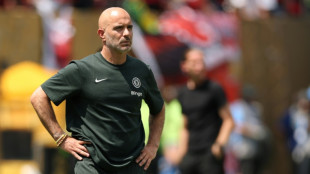
-
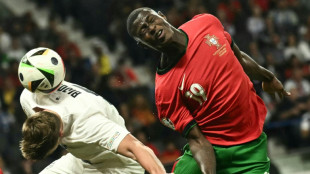 Leeds sign Slovenia defender Bijol from Udinese
Leeds sign Slovenia defender Bijol from Udinese
-
E.coli can turn plastic into painkillers, chemists discover

-
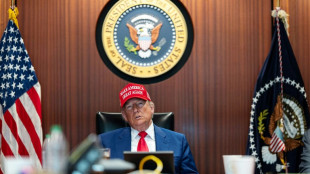 Bluff and last-minute orders: Trump's path to Iran decision
Bluff and last-minute orders: Trump's path to Iran decision
-
US strikes on Iran open rift in Trump's support base
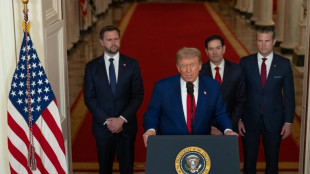
-
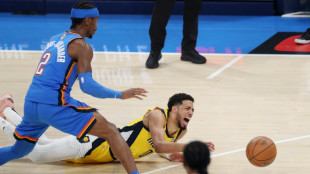 Indiana's Haliburton has torn right Achilles tendon: reports
Indiana's Haliburton has torn right Achilles tendon: reports
-
England rally after Pant heroics to set up thrilling finish to India opener
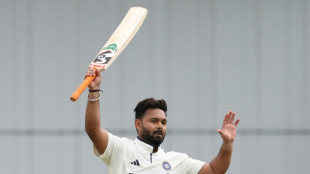
-
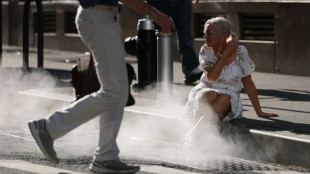 US hit by first extreme heat wave of the year
US hit by first extreme heat wave of the year
-
Holders Thailand among seven set for LPGA International Crown
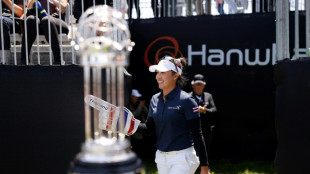
-
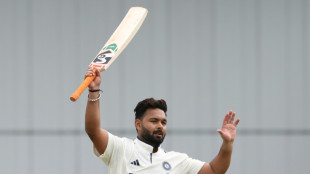 England set 371 to win India series opener after Pant heroics
England set 371 to win India series opener after Pant heroics
-
UK and Ukraine agree to deepen ties as Zelensky meets Starmer
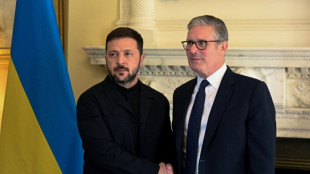
-
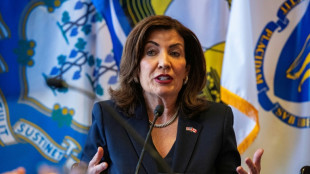 New York state to build nuclear power plant
New York state to build nuclear power plant
-
Syria announces arrests over Damascus church attack
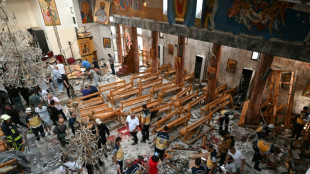
-
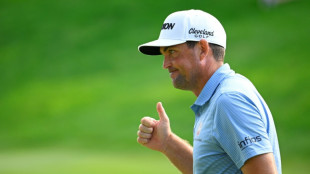 Bradley eyes playing captain role at Ryder Cup after win
Bradley eyes playing captain role at Ryder Cup after win
-
US existing home sales little-changed on sluggish market
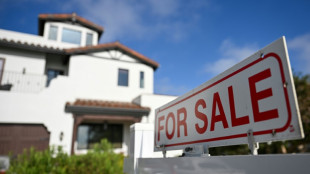
-
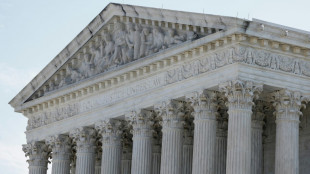 Top US court takes case of Rastafarian whose hair was cut in prison
Top US court takes case of Rastafarian whose hair was cut in prison
-
Greece declares emergency on Chios over wildfires
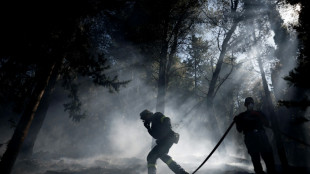
-
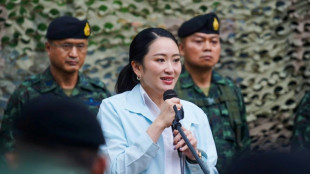 Embattled Thai PM reshuffles cabinet as crisis rages
Embattled Thai PM reshuffles cabinet as crisis rages
-
Killer whales spotted grooming each other with seaweed
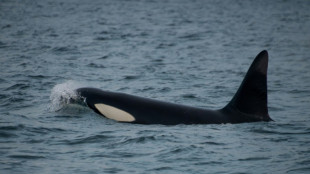
-
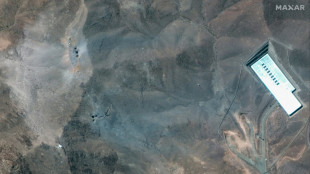 Where is Iran's uranium? Questions abound after US strikes
Where is Iran's uranium? Questions abound after US strikes
-
EU approves MotoGP takeover by F1 owner Liberty Media
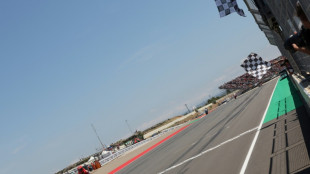
-
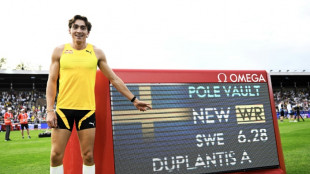 Duplantis says vaulting 6.40m is within the 'realm of possibility'
Duplantis says vaulting 6.40m is within the 'realm of possibility'
-
Pant piles on agony for England with record-breaking century
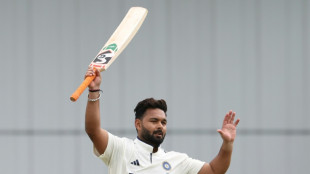
-
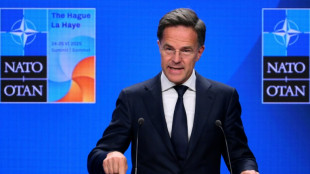 NATO to take 'quantum leap' with 5% summit pledge: Rutte
NATO to take 'quantum leap' with 5% summit pledge: Rutte
-
Textor sells Crystal Palace stake to boost hopes of European competition
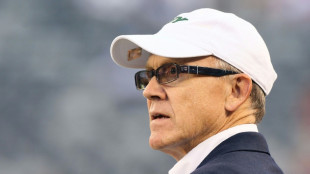
-
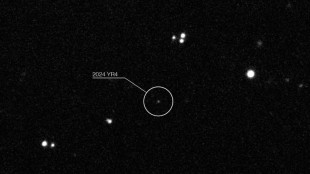 Earth's satellites at risk if asteroid smashes into Moon: study
Earth's satellites at risk if asteroid smashes into Moon: study
-
Syria president vows those involved in church attack will face justice
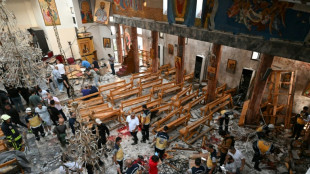
-
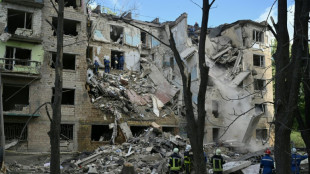 Russian barrage kills 10 in Kyiv, including 11-year-old girl
Russian barrage kills 10 in Kyiv, including 11-year-old girl
-
Military bases or vital waterway: Iran weighs response to US strikes
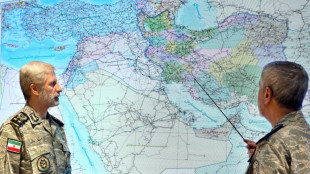
-
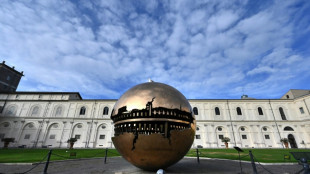 Italian sculptor Arnaldo Pomodoro dies aged nearly 99
Italian sculptor Arnaldo Pomodoro dies aged nearly 99
-
Rahul and Pant build India lead against England
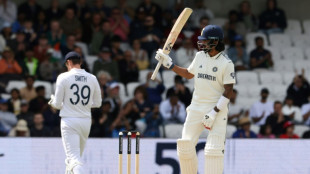
-
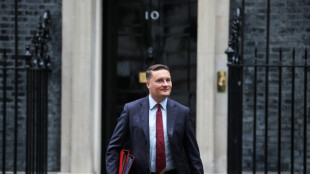 UK probes maternity services after scandals
UK probes maternity services after scandals
-
Asian countries most vulnerable to Strait of Hormuz blockade
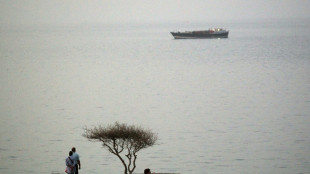

Ocalan: Kurdish PKK founder who urged his fighters to disarm
Abdullah Ocalan, the jailed founder of the militant Kurdistan Workers Party (PKK), is an icon to many Kurds, but a "terrorist" to many within wider Turkish society.
In a historic call on Thursday, Ocalan called for his PKK to be dissolved and its fighters to lay down their arms in a major step towards ending the decades-long conflict with the Turkish state.
Now 75, Ocalan has been held in solitary confinement since 1999 on Imrali prison island near Istanbul.
But since October, when Turkey tentatively moved to reset ties with the PKK, Ocalan has been visited three times by lawmakers from the pro-Kurdish opposition DEM party.
For most Turks, Ocalan is public enemy number one for his role in leading the PKK.
In 1978, he founded the group which six years later began an insurgency demanding independence and, more recently, broader autonomy in Turkey's mostly Kurdish southeast. Tens of thousands of people have died.
A Marxist-inspired group, it is blacklisted as a "terrorist" organisation by Turkey, the United States, the European Union and many other Western countries.
- An olive branch -
Attitudes began shifting in October when MHP leader Devlet Bahceli, a close ally of President Recep Tayyip Erdogan, offered Ocalan an olive branch if he would publicly renounce terror.
The next day, the former guerrilla who embodies the decades-long Kurdish rebellion, received his first family visit in four years.
He sent back a message saying he alone could shift the Kurdish question "from an arena of conflict and violence to one of law and politics" later offering assurances he was "ready to take the necessary steps and make the call".
Ankara's bid to reopen dialogue came just weeks before Syrian rebels overthrew Bashar al-Assad, upending the regional balance of power and once again thrusting Turkey's complex relationship with the Kurds into the spotlight.
- From village life to militancy -
Ocalan was born on April 4, 1949, one of six siblings in a mixed Turkish-Kurdish peasant family in Omerli, a village in Turkey's southeast.
His mother tongue is Turkish.
He became a left-wing activist while studying politics at university in Ankara, and was first jailed in 1972.
He set up the PKK six years later, then spent years on the run, launching the movement's armed struggle in 1984.
Taking refuge in Syria, he led the fight from there, causing friction between Damascus and Ankara.
Forced out in 1998, he moved from Russia to Italy to Greece in search of a haven, ending up at the Greek consulate in Kenya, where US agents got wind of his presence and tipped off Turkey.
He was arrested on February 15, 1999 after being lured into a vehicle in a Hollywood-style operation by Turkish security forces.
Sentenced to death, he escaped the gallows when Turkey started abolishing capital punishment in 2002, living out the rest of his days in isolation on Imrali prison island in the Sea of Marmara near Istanbul.
For many Kurds, he is a hero whom they refer to as "Apo" (uncle). But Turks often call him "bebek katili" (baby killer) for his ruthless tactics, including the bombing of civilian targets.
- Jailed but still leading -
With Ocalan's arrest, Ankara thought it had decapitated the PKK. But even from his cell he continued to lead, ordering a ceasefire that lasted from 1999 until 2004.
In 2005, he ordered followers to renounce the idea of an independent Kurdish state and campaign for autonomy in their respective countries.
Tentative moves to resolve Turkey's "Kurdish problem" began in 2008, and several years later, Ocalan became involved in the first unofficial peace talks when Erdogan was prime minister.
Led by then spy chief Hakan Fidan -- who is now foreign minister -- the talks raised Kurdish hopes for a solution with their future within Turkey's borders.
But the effort collapsed in July 2015, sparking one of the deadliest chapters in the conflict.
The government has defended its de facto silencing of Ocalan, saying he failed to convince the PKK of the need for peace.
Seen as the world's largest stateless people, Kurds were left without a country when the Ottoman Empire collapsed after World War I.
Although most live in Turkey, where they make up around a fifth of the population, the Kurds are also spread across Syria, Iraq and Iran.
Turkey's wide-scale use of combat drones has pushed most Kurdish fighters into northern Syria and Iraq, where Ankara has continued its raids.
E.AbuRizq--SF-PST
